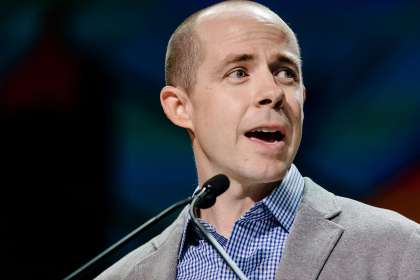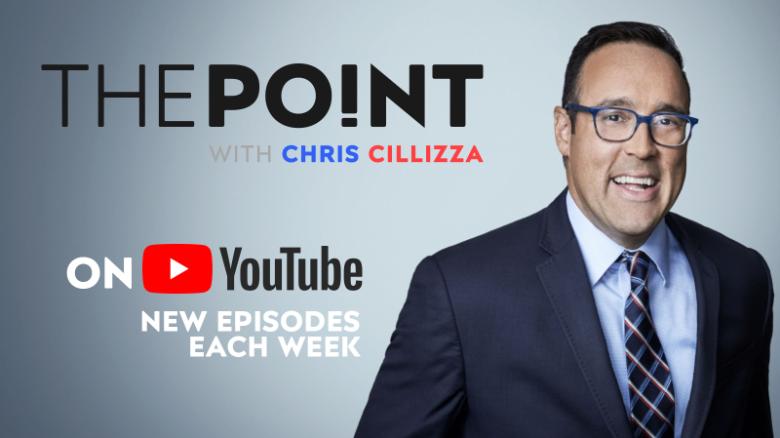Politics

Top California Democratic leaders are demanding that the party stop accepting campaign contributions from law enforcement unions, The Chronicle has learned — it’s the latest sign in how the Black Lives Matter movement is reshaping politics since the death of George Floyd.
Since 2017, the state party — the largest in the nation — has accepted $1.8 million from four police unions and other organizations representing law enforcement employees, according to a letter signed by the chairs of eight of the party’s caucuses, including those representing African-Americans, Latinos, and progressive and young members.
Over that same period, the letter said, “266 Black and brown lives have been ended at the hands of law enforcement in California. The party accepted just over $7,000 per death; the price for our silence.”
“It is no secret that law enforcement organizations engage their vast financial, lobbying and advocacy resources to limit the culpability of law enforcement officers that engage in unlawful violence against our Black siblings and friends,” the letter continued. “We must refuse to be a conduit for those financial contributions.”
Some top Democrats say that the party needs to align its rhetoric on racial justice with its financing sources.
“Equity and equality are really important for all of us, but for far too long, the Democratic Party has not demonstrated that for Black lives matter,” Taisha Brown, chair of the party’s African American caucus, told The Chronicle Monday.
“We’re at a point in this country where we have to do what we say. We can’t just say something, and then two weeks later go back to what we were doing before,” Brown said.
Said another letter signer, Amar Shergill, chairman of the California Democratic Party’s 800-member progressive caucus: “It’s been clear for many years that law enforcement organizations are obstacles to legislative changes to save Black lives.”
Cutting off the flow of political contributions from police unions to politicians is a key element in the movement to defund the police, Alex Vitale, author of “The End of Policing,” told The Chronicle’s It’s All Political” podcast.
“The way to do that is to go after the campaign contributions and endorsements that they hand out and to make those politically toxic for elected officials,” Vitale said.
The California Correctional Peace Officers Association contributed $929,500 to the state party over the past three years, the most of any union cited in the letter. But the union’s leader did not want get involved in the Democratic Party’s internal squabble.
“We are proud to support organizations and candidates across the political spectrum, but we certainly won’t get involved in an internal decision like this,” Glen Stailey, president of the 30,000-member California Correctional Peace Officers Association, said Monday.
The state party’s executive board is scheduled to discuss the proposal at its July 24-26 meetings, which will be conducted online. The party is not currently soliciting or accepting contributions from law enforcement, officials said.
Law enforcement wouldn’t be the first sector from which the state party has refused to accept contributions. It has previously banned contributions from the tobacco companies and gun manufacturers, as well as for-profit prison and oil companies.
While the contributions from police unions represent a relatively small fraction of the $40 million the party spent on political activities in 2018, the symbolism of a ban is large. The racial justice movement has exploded in weeks since Floyd was killed while in police custody, with more than 2,000 U.S. cities holding demonstrations in support of police reform and racial justice.
However, it will not be easy or quick to untangle law enforcement’s contributions to the party. Several unions that are a key part of the Democratic Party’s base in California — including those representing teachers and service workers — also represent law enforcement employees.
Brown said that state party chairman Rusty Hicks was supportive when she and Shergill presented him with the letter last month.
“We have a process to align the financing with the values outlined in our party’s platform,” Hicks said Monday. “This issue is a part of that process.”
Joe Garofoli is The San Francisco Chronicle’s senior political writer. Email: jgarofoli@sfchronicle.com Twitter: @joegarofoli


